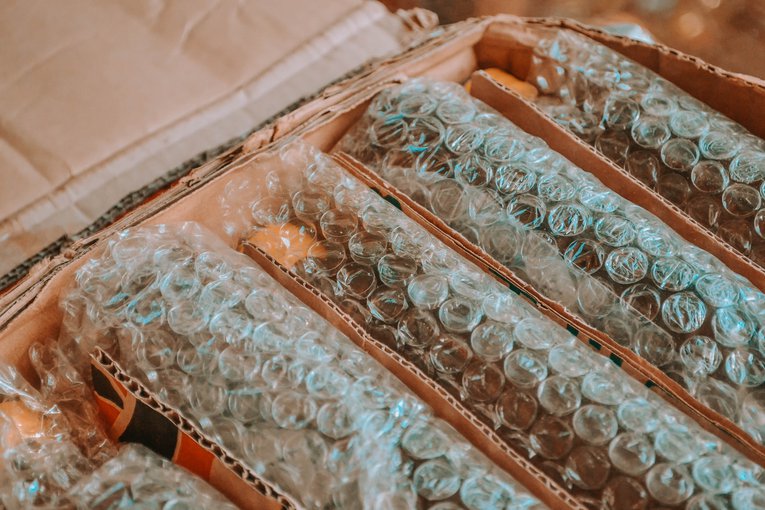
Reducing plastic waste in the workplace
Businesses have a big responsibility to reduce their waste and stop single-use plastic pollution. We're throwing down the challenge to employers and employees: make it your business to go workplace plastic-free!
To help your organisation become less dependent on single-use plastic, we’ve put together a few simple ideas that will reduce your plastic use TODAY.
Top tips
- Ditch disposable coffee cups and encourage staff to bring in their own mugs or keep cups.
- Remove all single-use water cups and bottles and encourage staff to use refillable water bottles.
- Stop supplying and handing out plastic straws and cutlery.
- Remove individual rubbish bins and replace with centralised re-cycling points.
- Carry out a simple waste audit to find out how much waste you are producing.
- When ordering supplies, request zero plastic and polystyrene packaging.
- Take part in the Marine Conservation Society's Plastic Challenge in July.

Credit: Image by PhotoMIX-Company from Pixabay
How to carry out a simple waste audit?
For one day make a note of all the single-use plastic you use in the workplace – involve all the departments in the business. Plastic has become so omnipresent that we no longer see ‘it’, so recognising all the single-use plastic isn’t as easy as it sounds. Review your use and identify easy wins, such as double wrapping on products or plastic cups at the water cooler. Ask the workforce to cut down on the single-use plastic they bring to work.
Challenge your suppliers
Ask why they use certain packaging methods. Does it have to be single-use? And if it does, then can they reduce and/or change the material? Often this not only helps to reduce packaging but also costs – and by questioning them, focuses them on their own plastic usage.
What questions do we need to ask our supply chain to ensure they are focussing on reduce single-use plastic?
- Do you do an audit on the amount of plastic used?
- What changes have you made/are you planning to make? (It’s important to note that suppliers are more likely to change if multiple customers ask for the same change – join forces with other customers).
- Can you and your customers access the right facilities?
- Are you using biodegradable plastic? What’s your recycling plan?
- How are you defining biodegradable?
- Can a long-term reusable product be substituted for current single-use ones?
- What happens to your product at the end of its life? Can it be designed for better reuse/recycling/disposal when it’s finished with?

Credit: Image by Wander Fleur from Unsplash
The 5 Rs waste hierarchy and how it can prioritise changes in business
The 5 Rs are: refuse, reduce, reuse, repurpose, recycle – in this order.
Refuse is important! Business or personal, it focuses on whether we need a single-use product in the first place. Repurpose is also important as it points us to think about the design of the product and how it can be reused. Repurpose points us to increased recyclability as well.
Is there any legislation in the pipeline that businesses should be aware of?
There are a number of proposals in the UK which are relevant. Many of these are outlined in the UK Government’s Resources and Waste Strategy. It includes Deposit Return Schemes (DRS) for drinks containers, consistent recycling collections, a plastic packaging tax and reforming producer responsibility for packaging. Proposals vary across the UK countries.
EU single-use plastic legislation became statutory law in July 2019. It aims to tackle the Top 10 items found at the beach. This covers a range of measures including bans, further extending producer responsibility to cover the cost of clean-up as well as disposal of packaging waste, education and rules on separate collections.

